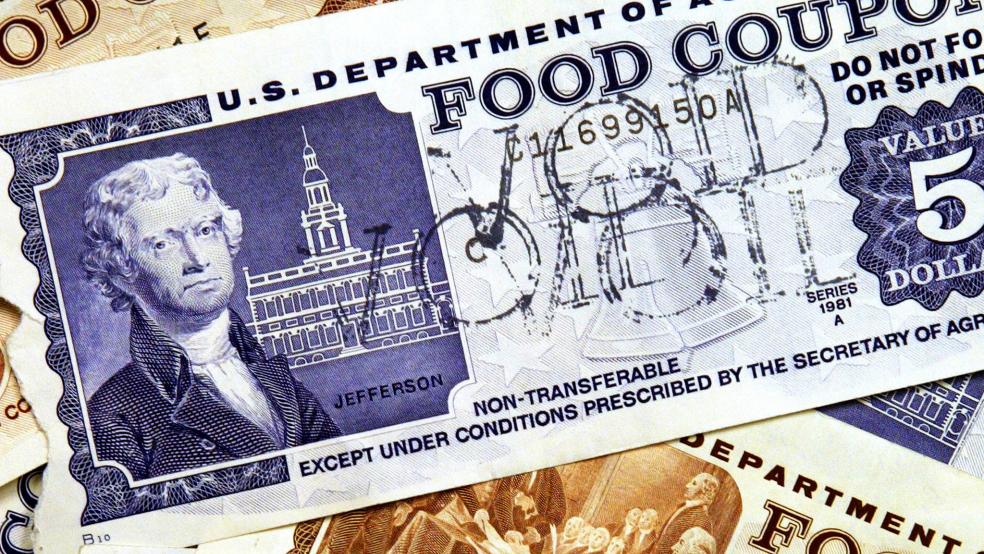The White House said Wednesday that it has finalized a rule that will tighten work requirements for participants in the Supplemental Nutrition Assistance Program, or SNAP. The new rule could result in about 700,000 people becoming ineligible for the program when it takes effect on April 1, 2020, while reducing government expenditures by $5.5 billion over five years.
Currently, individual states are allowed to waive food stamp work requirements for childless, able-bodied adults who live in economically distressed areas, which are defined as places where unemployment levels are 20% higher than the national average. Starting in April, economically distressed areas will be defined more narrowly as places where the unemployment level is above 6%. The national unemployment rate in October was 3.6%.
Why now? The administration says that a strong economy and historically low unemployment rates warrant the change. “This rule lays the groundwork for the expectation that able-bodied Americans reenter the workforce where there are currently more job openings than people to fill them,” said Department of Agriculture Secretary Sonny Perdue. A press release from the USDA said the new rule “restores the system to what Congress intended: assistance through difficult times, not a way of life.”
Critics push back: Those who oppose the rule change say it will needlessly harm some of the poorest people in the country. “Cutting off basic assistance doesn’t appear to help individuals get jobs,” said Robert Greenstein of the Center for Budget and Policy Priorities. “The rule will hit hardest those with the greatest difficulties in the labor market. That includes adults with no more than a high school education, whose unemployment rate is much higher than the overall unemployment rate; people living in rural areas where jobs are often harder to find; and people who are between jobs or whose employers have cut their hours to less than 20 hours a week, which is common in the very-low-wage labor market even when the economy is strong.”
A comprehensive effort: The work requirement adjustment is one of three changes the Trump administration intends to make with SNAP, which provides nutritional assistance to about 36.4 million people. The other two involve restrictions on automatic qualification for food stamps based on qualification for other kinds of aid and an adjustment to the rules defining incomes for potential beneficiaries. Altogether, the new rules governing SNAP would result in 3.7 million people and 2.1 million households losing access to the program, according to a recent analysis from the Urban Institute.




